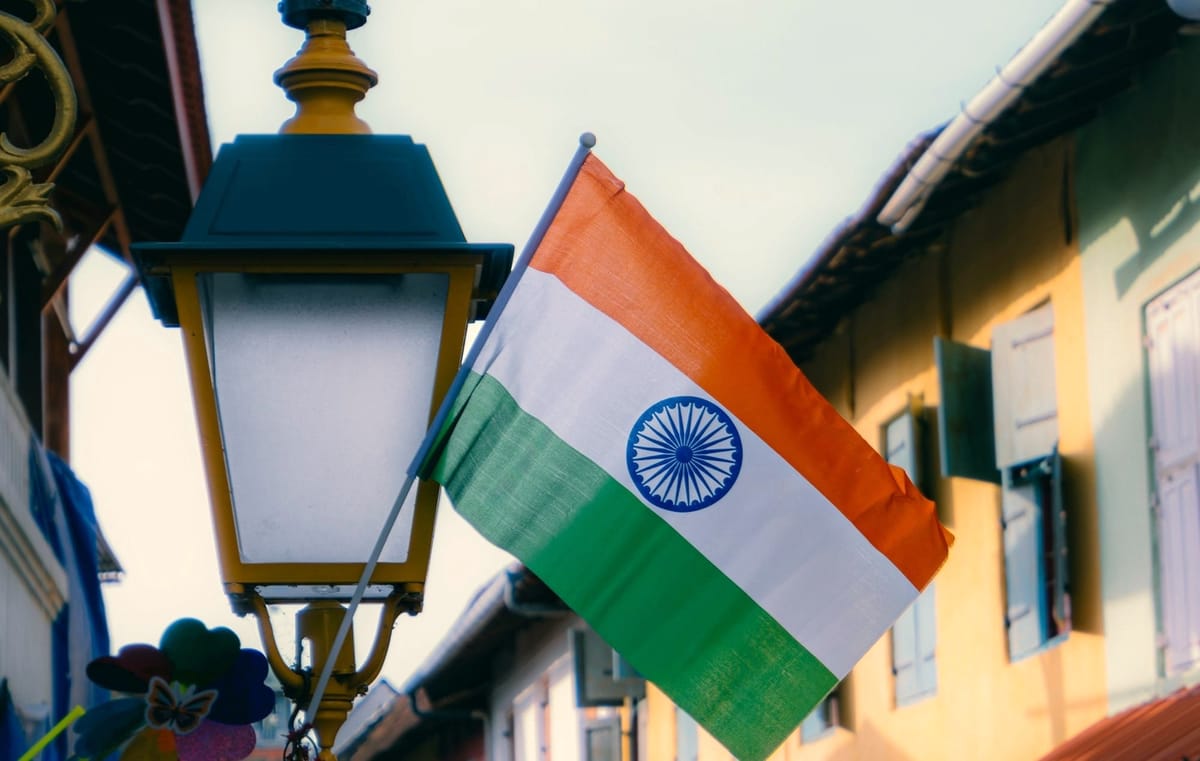Hindus Need A Better Blueprint

As the world moves forward, a visible spectrum of political echo chambers is now being observed, undergoing oxymoronic fusion. While most religious circles navigate themselves through the recurring dynamics in social paradigms, less thought surfaces when it comes to the Hindus.
Be it the Islamists, Christians, Jews or Sikhs, what they hold on an international scale isn't just a figment of representative politics – but recreational autonomy. Hindus have long been part of overseas communities, integrating and immersing themselves with other cultures and often losing their distinctive identity in the pursuit of assimilation. It isn't necessarily a bad thing to do so, but in a globalized system where multiple ideologies seem to be in constant tussle to reign supreme, it becomes a necessity to enfranchise our culture.
The diaspora stands as one of the most overlooked aspects in the Hindu political overtone. It's a distinctive tool that has enabled other social groups to create a parallel social order – often bolstered by their political presence. Hindus, while engaging in numbers for social causes, have subconsciously refused to cast a protective political cover for their existence. This stands as one of the most imperative barriers that forestalls Hindutva rhetoric of inclusivity, peace, prosperity and cultural pride, and allows adversary narratives to hijack and malign our ideas.
It is rather natural to observe animosity trends when brought to the cusp of emigrating populations. Hindus constitute the highest percentage of top-paying jobs abroad – and this undermines the confidence of their 'original' society members. This is the exact moment where political administration supersedes ego-driven retaliations. Muslims have done this well; they don't fully assimilate – yet face little to no repercussive actions.
In times such as these, what needs to be considered isn't frantic resistance – but a meticulous blueprint. Not to succumb, but to equalize. A structural plan to be replenished at times, and implemented as a collective mind.
This includes:
- Creating soft power – Media outlets, campaign houses, publications, newspapers, and organizing rallies.
- Projecting Hindu identity in a subtle – yet distinct manner.
- Not to malign, but reveal the truth about other 'cultural' forces, in a persuasive tone.
- Starting small businesses, creating an internal community system – for fundraisers and campaigning.
- Funding your local temples, being part of rituals and ceremonial distributions.
Although this marks a brief start – it's not the end. To grow at large, we need plenty of narrative forming, countering propaganda, and enriching the atrocity literature to make the world aware of the Hindu plight.
This serves as a brief blueprint to be worked upon at large by the Hindu community. Hindutva isn't a luxury but a necessity to overcome these proselytizing alien forces preying on our people. Create, strengthen, rule.





